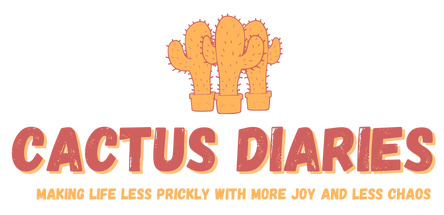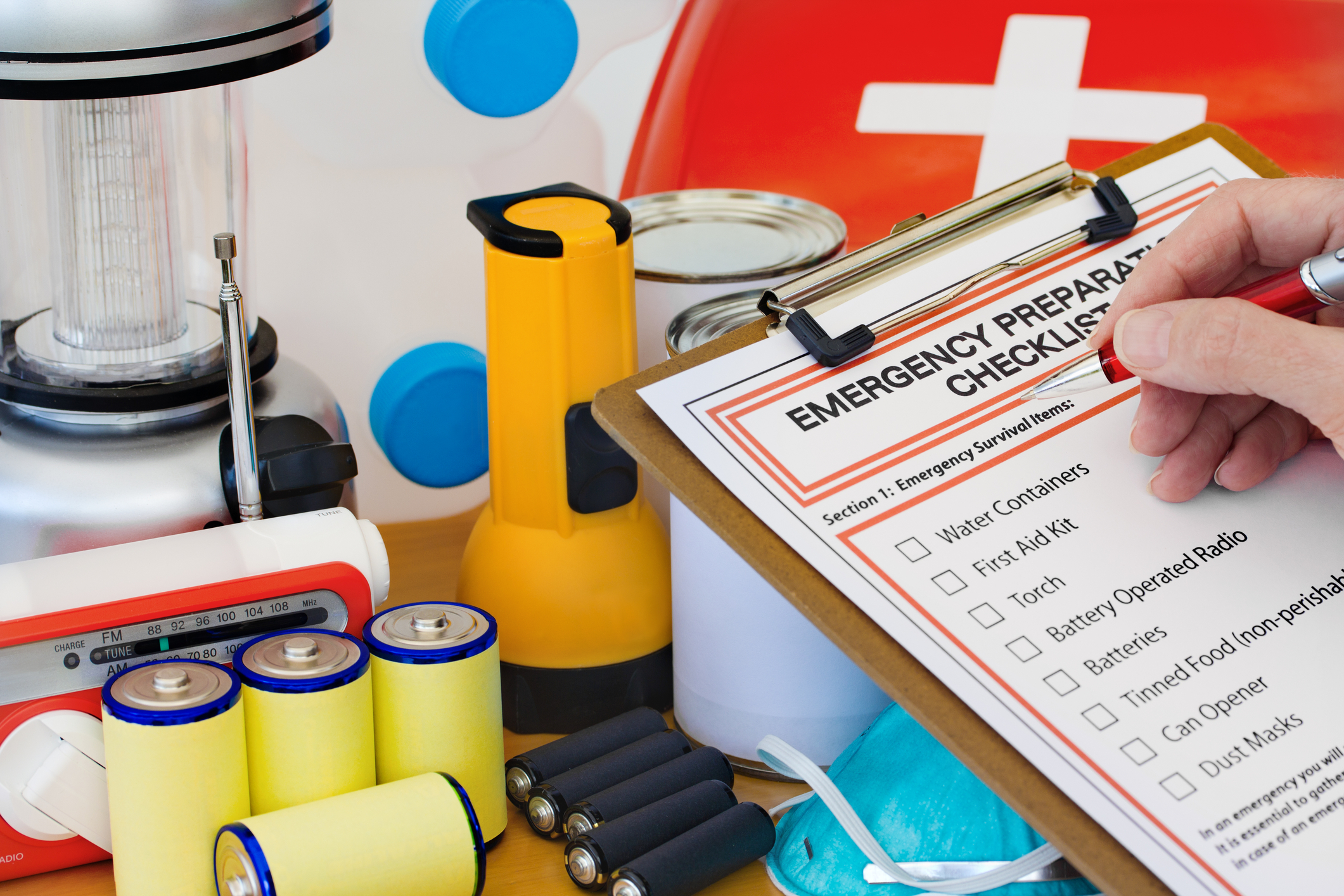Whether it’s a worldwide pandemic or extreme weather events such as floods, hurricanes, fires or tornados, every household should be armed and at the ready with an emergency kit. Here are the essentials for having one on hand, whether you are stuck at home without power and water, or have to suddenly evacuate your home.
Wrap these items in airtight plastic bags and store them in multiple sturdy duffel bags in a designated place that any household member can access. Update the kit every six months, refreshing prescriptions, batteries etc and ensuring clothing fits and is seasonally appropriate.
NONPERISHABLE FOOD
Plan for several days’ worth of food for each household member.
Water (one gallon per person per day)
Grains (crackers, oatmeal, multigrain cereals, granola or energy bars)
Proteins (canned tuna, chicken, salmon, or turkey; nut butters; protein bars; canned legumes; canned soups or chili)
Canned vegetables (green beans, carrots, corn, peas)
Canned or dried fruits (apricots, peaches, raisin, pineapple)
Powdered milk
Baby formula
Pet food and extra water
TOOLS
Store any rarely used spares with your emergency supplies now.
Manual can opener
Swiss Army knife
Flashlight and batteries
Radio (hand crank or battery operated)
Cellphone chargers and charged battery backup
Whistle (to signal for help)
Wrench or pliers (to turn utilities on or off)
Matches
MEDICAL AND SANITATION SUPPLIES
Toilet paper and paper towels
Paper plates, cups and utensils
Moist towelettes and garbage bags (for personal sanitation)
Diapers, wipes and feminine supplies
Nonlatex gloves
Dust mask
First aid kit (bandages, gauze and tape, antibiotic ointment, pain relievers, antidiarrhea medication, antacids, laxatives, thermometer, tweezers)
Prescription eyeglasses
Prescription medication (several days’ worth)
CLOTHING AND COMFORTS
One change of clothes per person, including sturdy walking shoes
One warm blanket or sleeping bag per person
Plastic sheeting and duct tape (to shelter in place)
Books, games, cards, puzzles, and other family activities
Paper and pencil
CASH & KEY DOCUMENTS
These prepare you for an evacuation — and any insurance or FEMA aid claims you’ll need to file later. Scan and save key docs to the cloud, and carry copies in a water-proof container.
Cash (about $500 in small bills) – to cover gas or a hotel
Photo ID or birth certificate of each household member
Bank account records (ideally showing proof of mortgage payments)
Medical insurance cards, hard copies of prescriptions, medical records, and physician contact info
Pet ID tags and immunization records
Copies of insurance documents

